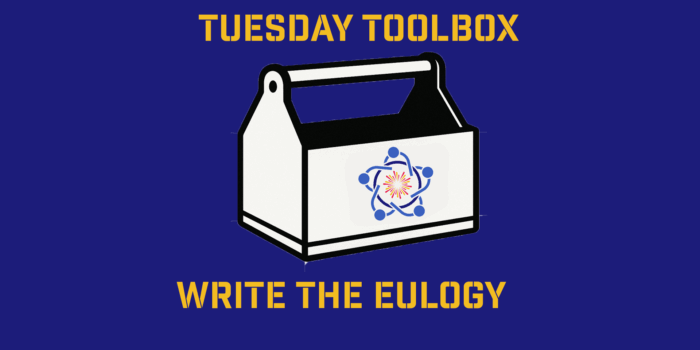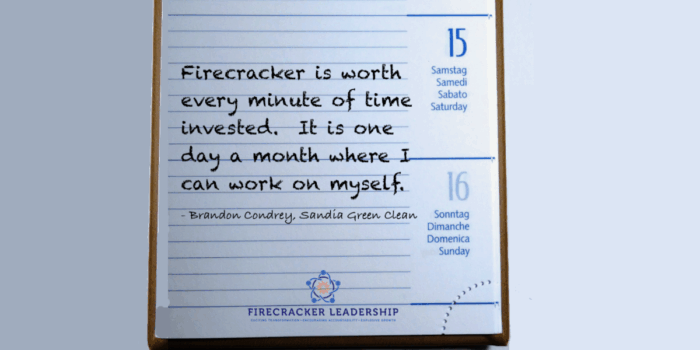Speak your gratitude I recently attended a funeral for a man who had touched so many lives. Story after story…
In this tight labor market, who would have thought that the pragmatic approach to reach good candidates would also be an “inclusive” action as well?
Using words like “diversity” and “inclusion” in your job description doesn’t actually make for a more inclusive experience.
I say that with all the empathy in the world. I see a lot of companies genuinely trying to diversify their pipelines by being emphatic about their commitment to DEI in their job descriptions.
But the truth is: Just saying you prioritize DEI doesn’t actually make people from underrepresented groups feel any more inclined to apply to your job.
Here’s what can:
1. Stop listing years of required experience. Truthfully, I never would have applied to my current job… because the job description listed more years of experience than I had at the time, which I interpreted as an automatic disqualifier. (Turns out, I’m actually pretty good. 😉)
2. Remove education requirements. Education is expensive. It’s a privilege that not all people have access to. And honestly, some people just aren’t all that interested. Unless the job actually requires a degree (ie legal counsel), get rid of it. I can promise you there are people out there who can do the job you’re advertising but have been too scared to apply because they don’t have the college degree you’re requiring.
3. Stop insisting on prior experience for entry level roles. Not everyone knows that internship experience counts or has access to get the experience you’re looking for. If they can learn on the job, lack of prior experience shouldn’t be a dealbreaker.
4. Get rid of the word “requirement.” Instead of listing off a set of requirements—which I think we can all agree aren’t actual requirements so much as a comprehensive wishlist—use headers like, “What you’ll do” and “What makes a great candidate.” This is a whole lot more accurate and will make people less nervous to apply.
5. Tell your candidates to apply — even if they’re worried they might be underqualified. I can’t emphasize this enough: Too many people — often from marginalized communities — take themselves out of the running before they’ve even applied. Tell your candidates to stop weeding themselves out before you’ve had a chance to assess their application.
We’ve applied these changes to our own job descriptions, and the response has been great. Candidates actually reference some of our inclusive practices as their reason for applying.
If you liked these tips, check the comments for additional thoughts on how to make your job descriptions more inclusive.



